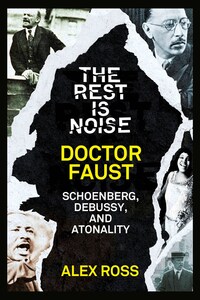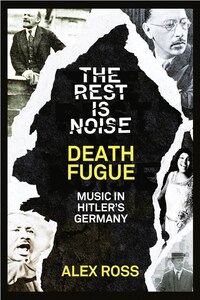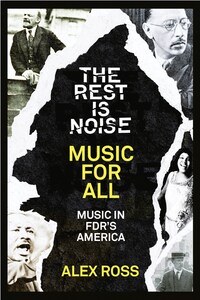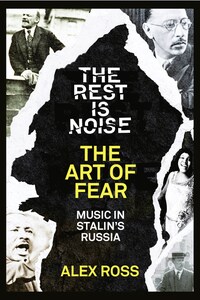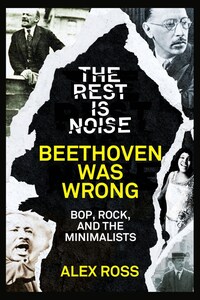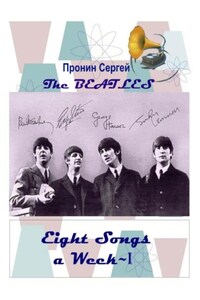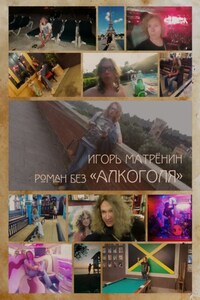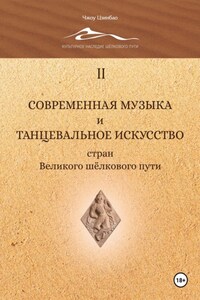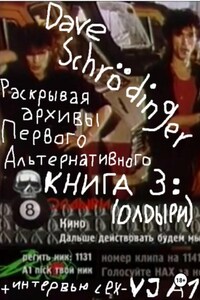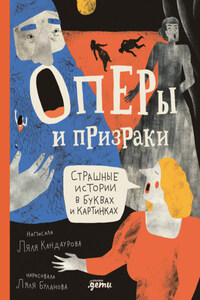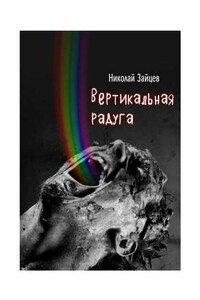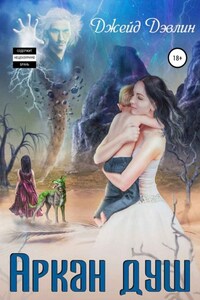2 DOCTOR FAUST
Schoenberg, Debussy, and Atonality
One day in 1948 or 1949, the Brentwood Country Mart, a shopping complex in an upscale neighborhood of Los Angeles, California, was the scene of a slight disturbance that carried overtones of the most spectacular upheaval in twentieth-century music. Marta Feuchtwanger, wife of the émigré novelist Lion Feuchtwanger, was examining grapefruit in the produce section when she heard a voice shouting in German from the far end of the aisle. She looked up to see Arnold Schoenberg, the pioneer of atonal music and the codifier of twelve-tone composition, bearing down on her, with his bald pate and burning eyes. De cades later, in conversation with the writer Lawrence Weschler, Feuchtwanger could recall every detail of the encounter, including the weight of the grapefruit in her hand. “Lies, Frau Marta, lies!” Schoenberg was yelling. “You have to know, I never had syphilis!”
The cause of this improbable commotion was the publication of Doctor Faustus: The Life of the German Composer Adrian Leverkühn as Told by a Friend. Thomas Mann, a writer peculiarly attuned to music, had fled from the hell of Hitler’s Germany into the not-quite paradise of Los Angeles, joining other Central European artists in exile.
The proximity of such renowned figures as Schoenberg and Stravinsky had encouraged Mann to write a “novel of music,” in which a modern composer produces esoteric masterpieces and then descends into syphilitic insanity. For advice, Mann turned to Theodor W. Adorno, who had studied with Schoenberg’s pupil Alban Berg and who was also part of the Los Angeles émigré community.
Mann self-confessedly approached modern music from the perspective of an informed amateur who wondered what had happened to the “lost paradise” of German Romanticism. Mann had attended the premiere of Mahler’s Eighth in 1910. He had briefly met Mahler, and trembled in awe before him. Some three decades later, Mann watched as Schoenberg, Mahler’s protégé, presented his “extremely difficult” but “rewarding” scores to small groups of devotees in Los Angeles. The novel asks, in so many words, “What went wrong?”
Leverkühn is an intellectual monster—cold, loveless, arrogant, mocking. His music absorbs all styles of the past and shatters them into fragments. “I have found that it is not to be,” he says of Beethoven’s Ninth Symphony, whose “Ode to Joy” once spoke for mankind’s aspiration toward brotherhood. “It will be taken back. I will take it back.” The illness that destroys Leverkühn is acquired in a curious way. He tells his friends that he is going to see the Austrian premiere of Salome in Graz. On a secret detour he sleeps with a prostitute named Esmeralda, whose syphilitic condition is visible on her yellowed face. Leverkühn contracts the disease deliberately, in the belief that it will grant him supernatural creative powers. When the devil appears, he informs the composer that he will never be popular in his lifetime but that his time will come, à la Mahler: “You will lead, you will strike up the march of the future, boys will swear by your name, and thanks to your madness they will no longer need to be mad.” Since Faustus is also a book about the roots of Nazism, Leverkühn’s “bloodless intellectuality” becomes, in a cryptic way, the mirror image of Hitler’s “bloody barbarism.” The cultish fanaticism of modern art turns out to be not unrelated to the politics of fascism: both attempt to remake the world in utopian forms.
Schoenberg was understandably incensed by this scenario, which gave a pathological veneer to his proudest achievements. The real-life composer could be a bit spooky at times—“I can see through walls,” he was once heard to say—but he was hardly a cold or bloodless man. He set about revolutionizing music with high passion and childlike enthusiasm. As a born Viennese who venerated the Austro-German tradition, he could never have mocked Beethoven’s Ninth. As a Jew, he divined the true nature of Nazism sooner than did Mann. Aloofness was not his style; he was, among other things, a galvanizing, life-changing teacher, dozens of whose students, from the operatic Berg to the aphoristic Anton Webern, from the Communist Hanns Eisler to the hippieish Lou Harrison, played conspicuous roles in twentieth-century music.
